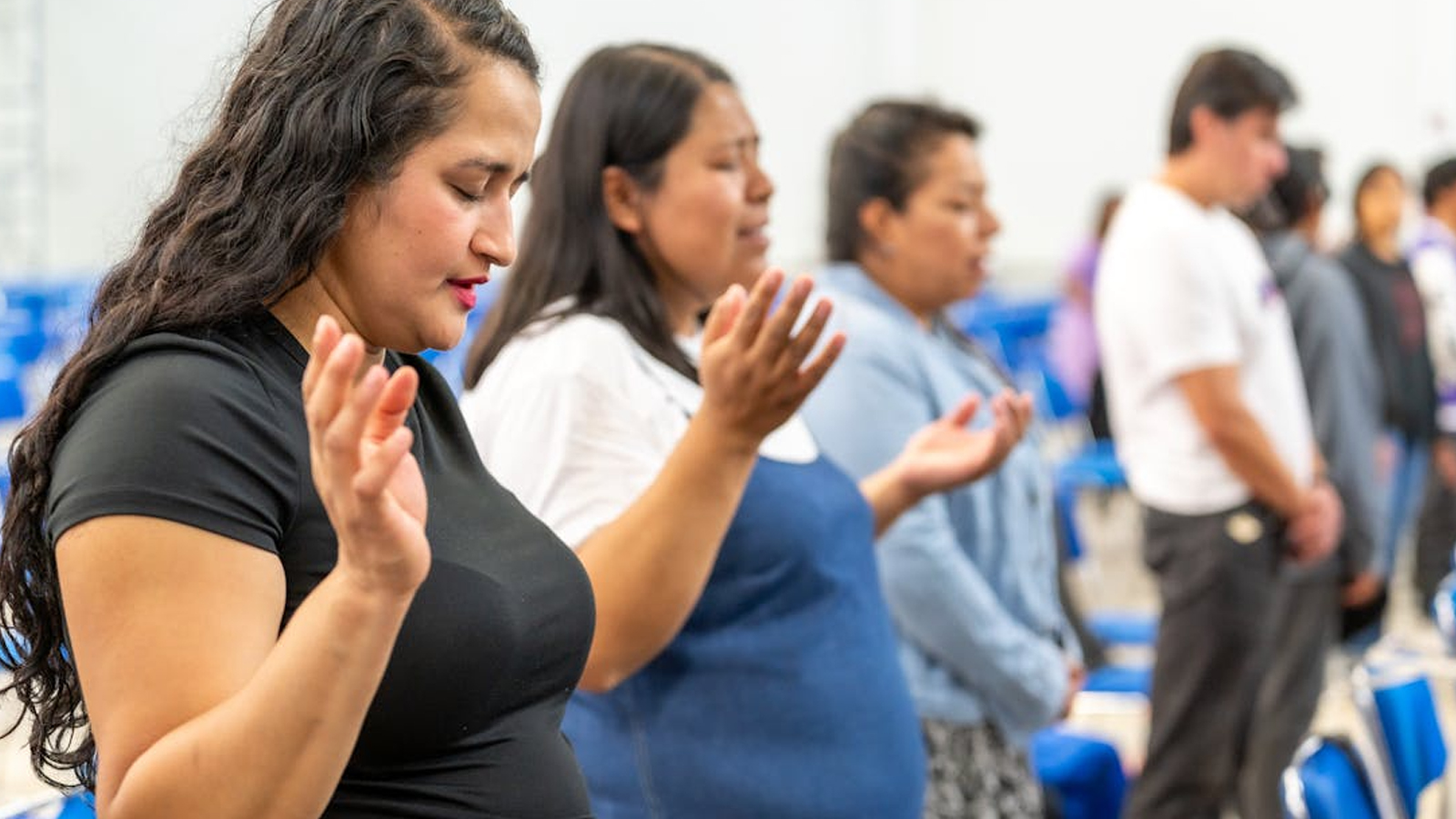 The deaths of the apostles are often cited by Christian Case Makers in an effort to demonstrate the certainty and validity of those who witnessed the Resurrection of Jesus. When an eyewitness is willing to die, rather than deny his testimony, there’s good reason to believe he actually observed what he’s reporting or he’s simply crazy. When multiple eyewitnesses are similarly convinced, the most reasonable conclusion is their testimony is an accurate record of events. I’ve discussed the attestation of the disciples in Cold Case Christianity, but the question remains, are the traditions related to the martyrdoms of the Apostles a true record of their deaths? Many critics have cited the sometimes questionable historical accounts of these martyrdoms. It’s true: The early, local church narratives are often stylized and enhanced. Given this reality, why should we trust anything these accounts offer? I think there are several good reasons to accept the claims of martyrdom, even while remaining cautious about specific details:
The deaths of the apostles are often cited by Christian Case Makers in an effort to demonstrate the certainty and validity of those who witnessed the Resurrection of Jesus. When an eyewitness is willing to die, rather than deny his testimony, there’s good reason to believe he actually observed what he’s reporting or he’s simply crazy. When multiple eyewitnesses are similarly convinced, the most reasonable conclusion is their testimony is an accurate record of events. I’ve discussed the attestation of the disciples in Cold Case Christianity, but the question remains, are the traditions related to the martyrdoms of the Apostles a true record of their deaths? Many critics have cited the sometimes questionable historical accounts of these martyrdoms. It’s true: The early, local church narratives are often stylized and enhanced. Given this reality, why should we trust anything these accounts offer? I think there are several good reasons to accept the claims of martyrdom, even while remaining cautious about specific details:
The Imperfect, Yet Reliable Accounts Are Best Explained by Apostolic Martyrdom
Judges admonish jurors not to reject a witness’ testimony out of hand just because the witness might be mistaken about a particular detail. The real question is simply this: Is the witness wrong about everything or might there be an explanation for the inaccuracies (protecting the core truths of the witness’ testimony)? I’ve never had a witness in a criminal trial who was right about everything, but these same witnesses were considered reliable by the jury. The ancient witnesses must be evaluated in a similar manner
The Ancient Climate is Best Explained by Apostolic Martyrdom
It’s clear there was a consistent desire on the part of early Christians to die as martyrs. It’s also clear these martyrdoms occurred regularly (if not often) and were chronicled (and celebrated) by ancient authors. The best explanation for this early cultural climate among the faithful was simply the example offered by the original eyewitnesses.
The Behavior of the Church Fathers is Best Explained by Apostolic Martyrdom
The second generation of believers (the students of the Apostles) became leaders in their own right and were ultimately martyred. Ignatius, Polycarp and Clement described the deaths of their teachers, along with the suffering they personally experienced en-route to their own execution. Their followers eventually documented the martyrdoms of these second generation Christians and claimed these early Church Fathers were following the example of their teachers.
The Repeated, Central Truth Claims Are Best Explained by Apostolic Martyrdom
Some of the accounts of apostolic deaths are varied, to be sure. For some Apostles, there exist multiple martyrdom narratives. Competing communities sometimes claimed their own version of apostolic legacy. But even when the details vary, the core claims of martyrdom remain intact. We can certainly understand the motive that might drive each community to narrate the death to favor them, but we must separate these variations from the core claims of martyrdom transcending each account.
The Silence of Opposing Accounts Is Best Explained by Apostolic Martyrdom
There are no ancient contradictory accounts in existence denying the central claims of the Church related to the martyrdom of the Apostles. While the Christian records may at times be embellished or lacking, there are no pagan voices from antiquity denying the traditional core claims of martyrdom and sacrifice.
The better attested martyrdoms of the apostles remain a significant and compelling testimony to the truth of the Apostolic claims. Share on X
Critics sometimes attempt to jettison every claim of apostolic martyrdom because some of these accounts are less reliable than others. Even if we rejected the less attested claims related to Matthias, Judas Thaddeus, Nathanael / Bartholomew, and Philip, and accepted John’s survival into the late first century, we would still be left with the martyrdoms of Paul, Peter, James, Matthew, Andrew, Simon the Zealot, James (the Lesser), and Thomas. What if this latter group were the only Apostles who were truly martyred? Imagine (for the sake of argument) the others simply managed to hide away in local communities and survived into old age. The better attested martyrdoms of Paul, Peter, James, Matthew, Andrew, Simon the Zealot, James (the Lesser), and Thomas (along with the ancient non-Christian silence related to the fate of the others) would still remain a significant and compelling testimony to the truth of the Apostolic claims.

J. Warner Wallace is a Dateline featured Cold-Case Detective, Senior Fellow at the Colson Center for Christian Worldview, Adj. Professor of Christian Apologetics at Talbot School of Theology, Biola University, author of Cold-Case Christianity, God’s Crime Scene, and Forensic Faith, and creator of the Case Makers Academy for kids.
Subscribe to J. Warner’s Daily Email





















Pingback: Can We Trust the Early Traditions of Apostolic Martyrdoms? | Cold Case Christianity – Elders Scrolls